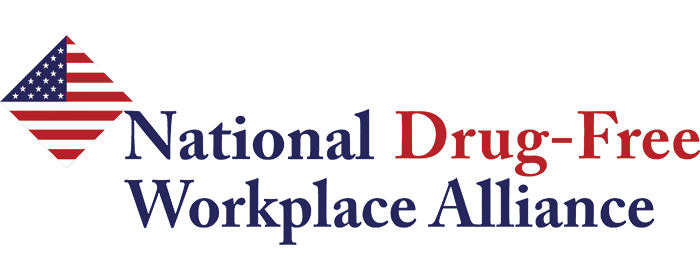Dayton Daily News | Randy Tucker | August 28, 2016
Medical marijuana will be legal in Ohio next week, raising a series of issues for employers and employees alike.
The bottom line: Not much will change, even after the law takes effect Sept. 8.
Regardless of what state law says, marijuana is illegal on the federal level and employers will retain the right to establish and enforce drug testing and substance abuse policies, including pre-employment and random drug testing.
But some employers fear the new medical marijuana law could lead to confusion among employees who believe their employers are required to accommodate marijuana use if it is recommended by a doctor.
"We will have to tell our employees that even though the state allows (medical marijuana use), the federal government does not, and we have to comply with federal regulations," said Rich Little, president of Starwin Industries in Dayton, a contract manufacturing facility serving the aerospace and automotive industries.
"But the state says, 'Well, your employees can take drugs.' So I'm stuck between privacy issues, federal regulations and workplace safety. It's a bad place to be."
Little notes that because his company works on federal contracts and those contracts require a drug-free workplace, his company has been forced to adopt a zero-tolerance policy for anyone testing positive for marijuana or any other intoxicant while at work.
But unlike alcohol and other drugs that leave the bloodstream within a day, marijuana can stick around a lot longer. Consequently, some employers may be forced to terminate employees for engaging in state-sanctioned marijuana use, even though there is no indication of impaired work performance.
"It puts employers in a really difficult situation," Little said. "I don't have any choice. I can't have somebody on the manufacturing floor who is using marijuana. But does that mean they're impaired?"
PROTECTING EMPLOYEES
A handful of states, including Arizona, Delaware, New York and Minnesota, have enacted laws to protect employees who possess a medical marijuana license and test positive for marijuana. In those states, the burden is on the employer to prove that the employee not only tested positive but also was impaired at work.
Employees in Ohio enjoy no such protections. The new law is clear: Dismissing an employee for violating the drug policy is considered just cause for termination, regardless of whether the employee was impaired or not, according to Christopher J. Lalak, a labor and employment attorney with Benesch, Friedlander, Coplan & Aronoff in Cleveland.
Lalak, who earlier this year conducted a webinar for the Ohio Chamber of Commerce on workplace issues surrounding medical marijuana, told this newspaper that employers not only are allowed to enforce their drug-free workplace policies under the law, but workers fired for violating those policies won't be able to sue their employer - even if the marijuana was prescribed by a doctor and used during off-work time.
Lalak said the confusing and conflicting laws require a thorough policy review in Ohio.
"Employees should absolutely be checking with their employers," he said. "Employers should really be taking a look at their policies as well."
PRIVACY RIGHT
Despite the law's wording, employers must be cautious. Even if terminating an employee for marijuana use is legal, asking an employee whether they hold a medical marijuana card or looking into their medical history could be considered a violation of employee privacy rights.
"If an employee is using medical marijuana, and they test positive, they will be subject to our drug-free workplace," said Ross McGregor, executive vice president of Pentaflex Inc. in Springfield and a former state representative. "But I'm not going to try and find out who that is. It would be a waste of time, and it also could be potentially a violation of an employee's privacy. I understand where that fine line is."
McGregor said communication is the key to navigating the disconnect between state and federal laws regarding marijuana use in the workplace.
"It's about communication with the workforce, and making sure they're aware that on Sept. 8, all of a sudden, you can't just go out and get a recommendation for medical marijuana. It could impact your employment."




